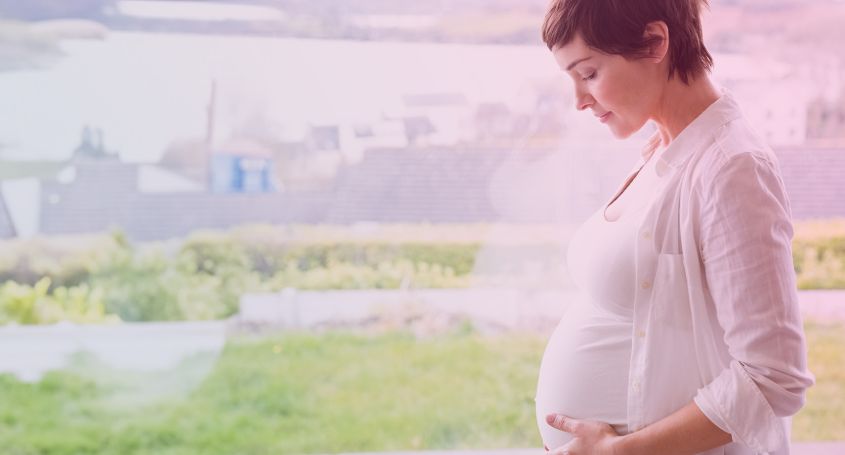One of the concerns of women of reproductive age diagnosed with breast cancer is whether they will be able to have a pregnancy in the future. Some cancer treatments can affect fertility, however, thanks to advances in oncology and reproductive medicine, more and more women are able to have children after breast cancer.
In this article we explore the effects of breast cancer treatments on fertility and what the reproductive options are for women after cancer.
Is it possible to get pregnant after breast cancer?
It is possible to conceive after breast cancer. However, fertility will be affected by the treatments received, which depend on the type of breast cancer, its stage and grade, the woman's age and her general health.
It is important to discuss fertility options after a breast cancer diagnosis with healthcare professionals, to be considered when developing a treatment plan. In addition, the risk of disease recurrence should be assessed to evaluate the appropriate time to try to conceive. In general, doctors recommend waiting two years after the end of treatment to see if the cancer returns before becoming pregnant.
How do cancer treatments affect fertility?
Most breast cancer patients receive treatments that can affect fertility. Some of them may cause temporary infertility, but in some cases the treatments lead to irreversible menopause.
- Chemotherapy: The effect of chemotherapy on fertility depends on the drugs used and the doses received. Chemotherapy can damage the ovaries and reduce ovarian reserve , causing early menopause, which may be temporary, especially in young women. It may be advisable to check ovarian reserve before starting treatment.
- Hormone therapy: Hormone therapy, often used in hormone-sensitive breast cancers, can suppress ovarian function causing periods of temporary infertility, but once treatment is completed, premenopausal women usually resume menstruation, although ovarian function may be altered making it difficult to conceive.
- Targeted therapy: Targeted therapies generally have fewer side effects than chemotherapy, although they can have effects on fertility and some drugs have been associated with a risk of birth defects in the fetus.
It is important to discuss with the medical team the specific risks of fertility treatments and the reproductive options available. Fertility preservation before starting treatment is one of the options to consider for all women of childbearing age.
Fertility options for women with cancer
Women who wish to have children after cancer treatment have several options depending on how their ovarian reserve is affected by the treatment. It is important to preserve fertility before treatment so that vitrified eggs can be used later if needed.
Sometimes the cycle recovers and the patient can achieve a pregnancy spontaneously. If pregnancy does not occur and the woman has a good ovarian reserve, in vitro fertilization can be performed. Always under the supervision of the specialist who authorizes the pregnancy and the patient's treatment.
Before starting cancer treatment, women can cryopreserve their eggs or embryos for future use once the cancer has been overcome. When the time comes, the eggs or embryos are thawed to continue the process of in vitro fertilization and subsequent transfer to the uterus. This allows women to conceive with their own eggs.
Women who are unable to use their own eggs due to damage caused by cancer treatments can use an egg donor. In this case, the donor eggs are fertilized by the couple's sperm or by a sperm donor , and the embryos obtained are implanted in the uterus.
At Barcelona IVF we have specialized professionals to inform you and accompany you on your path to motherhood after overcoming breast cancer.


















